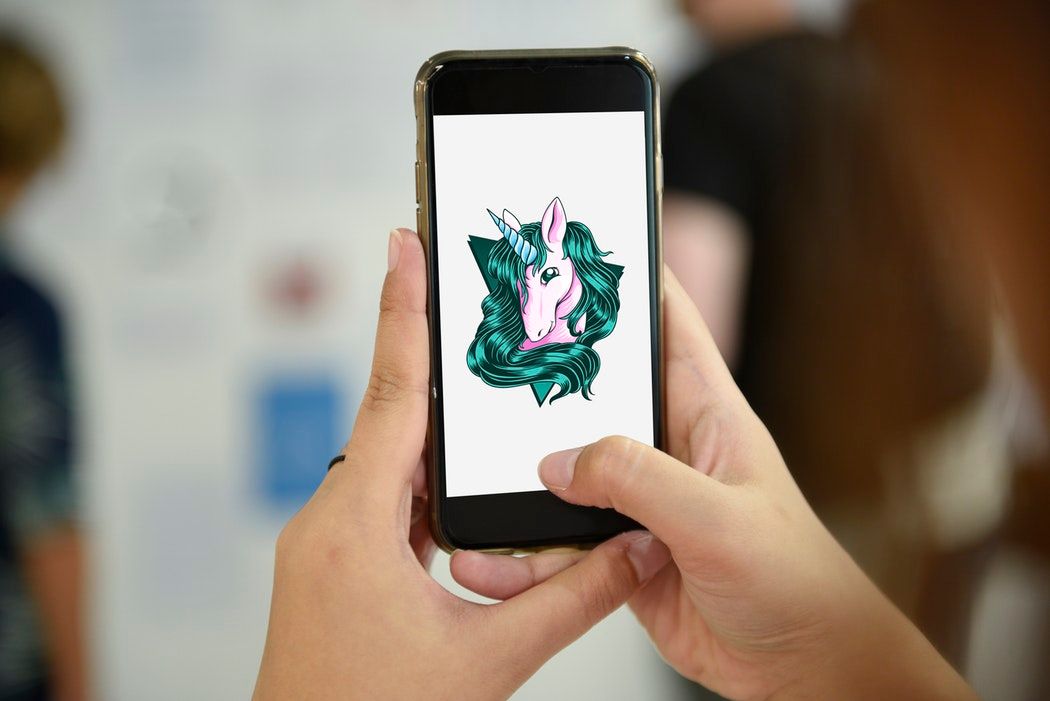Source:- livemint.com
BENGALURU: The top unicorns—shorthand for startups with valuations of $1 billion or more—in India are also the most acquisitive. Among other things, it indicates how many of these companies have used mergers and acquisitions (M&As) to scale up rapidly in a short period of time.
In contrast, among traditional technology companies in India, such deals are few and far between.
For instance, Quikr, the most acquisitive unicorn in India, has made 12 acquisitions since 2016, according to Tracxn, a technology data tracker. In comparison, India’s largest tech firm, Tata Consultancy Services Ltd, has made just two acquisitions, according to Crunchbase data.
Successful acquisitions are also more common among startups than traditional technology companies.
In 2014, when Flipkart bought Myntra for nearly $330 million, little did the unicorn know that its acquisition of the country’s largest online fashion retailer would bear fruit. Last year, when Walmart purchased Flipkart at a valuation of $21 billion, Myntra comprised $5.5-6.5 billion of the deal value, becoming one of the most successful acquisitions by a unicorn in India so far.
Over the past four years, unicorns have been on an acquisition spree even as they were busy raising capital. About 36 acquisitions have been made by five unicorns.
The difference lies in the size of the deals, where traditional tech firms take the lead. While there a few big purchases by the Indian unicorns, a majority of them are in the range of $40-50 million or just acqui-hires, where a startup is bought primarily for the skills or expertise of its employees and not the products or services it may be offering.
Experts say startups such as Quikr, Flipkart, Paytm and OYO Hotels and Homes tend to acquire more as their businesses are consumer-facing and depend on back-end technologies such as artificial intelligence, machine learning and data mining that help in boosting usage experience. Therefore, the appetite is to acquire startups that are doing innovative work in these segments.
“If you have the IP (intellectual property), if you have the human resources, which are perceived as beneficial for the acquirer, then it’s a win-win situation for both the acquirer and the acquiree,” said Murali Talasila, partner and innovation leader at PwC India.
For hospitality firm OYO Hotels and Homes, a unicorn backed by SoftBank’s Vision Fund, the acquisition strategy is targeted at acquiring entities that help it in enhancing its core tech and business capabilities, and enable market share acceleration in key markets and segments by starting new businesses.
Since inception, OYO Hotels has completed four acquisitions, the latest being that of Amsterdam-based vacation rental company @Leisure Group for $415 million, which helped the company get a foothold in Europe by providing an inventory of more than 300,000 rooms.
“Our other past acquisitions include Novascotia Boutique Homes (a Chennai-based serviced apartment brand), AblePlus (a Mumbai-based Internet of Things technology company) and Weddingz.in (a wedding planning site) and all these businesses continue to play an extremely important role in growing our business across segments,” said Maninder Gulati, global chief strategy officer and head of global homes business at OYO Hotels.
Unlike in the case of M&As by traditional tech firms, where post-acquisition synergies can play a big role in chances of being successful, in the case of unicorns, the transaction tickets are often not large enough to impact a firm too hard, according to experts. “Most of the time, the acquirer and acquired are cut from the same cloth,” Talasila said. “The delta, which exists between both of them, is much narrower than in the traditional tech world. You will not hear nasty stories of an acquiree saying the company’s culture is so bad that they will walk out the next day.”
But that’s not to say that all acquisitions by unicorns are successful. ANI Technologies Pvt. Ltd-owned Ola has suspended Foodpanda India’s food delivery business, nearly 18 months after it acquired the company. In 2016, Ola shut down TaxiForSure, a year after it acquired the smaller rival for $200 million to maintain lead over Uber.
Experts, however, said Ola might still be able to work something around Foodpanda. “Sometimes you acquire just for the sake of IP… to try things,” Talasila said. “As a newborn unicorn, one wants to compete with their closest competition on every front. If Uber is doing UberEats, its closest Indian competitor cannot overlook it. They have the IP now and can launch the food services in other countries where Foodpanda is a more familiar name.”
In the meantime, the M&A spree of unicorns is being seen favourably by industry insiders, who believe this will help the startup ecosystem.
“Acquisitions like these help in exits for both new entrepreneurs and investors, which encourage more innovation and dry powder to investors,” said Harish H.V., managing partner at ECube, an environmental, social and governance fund.
